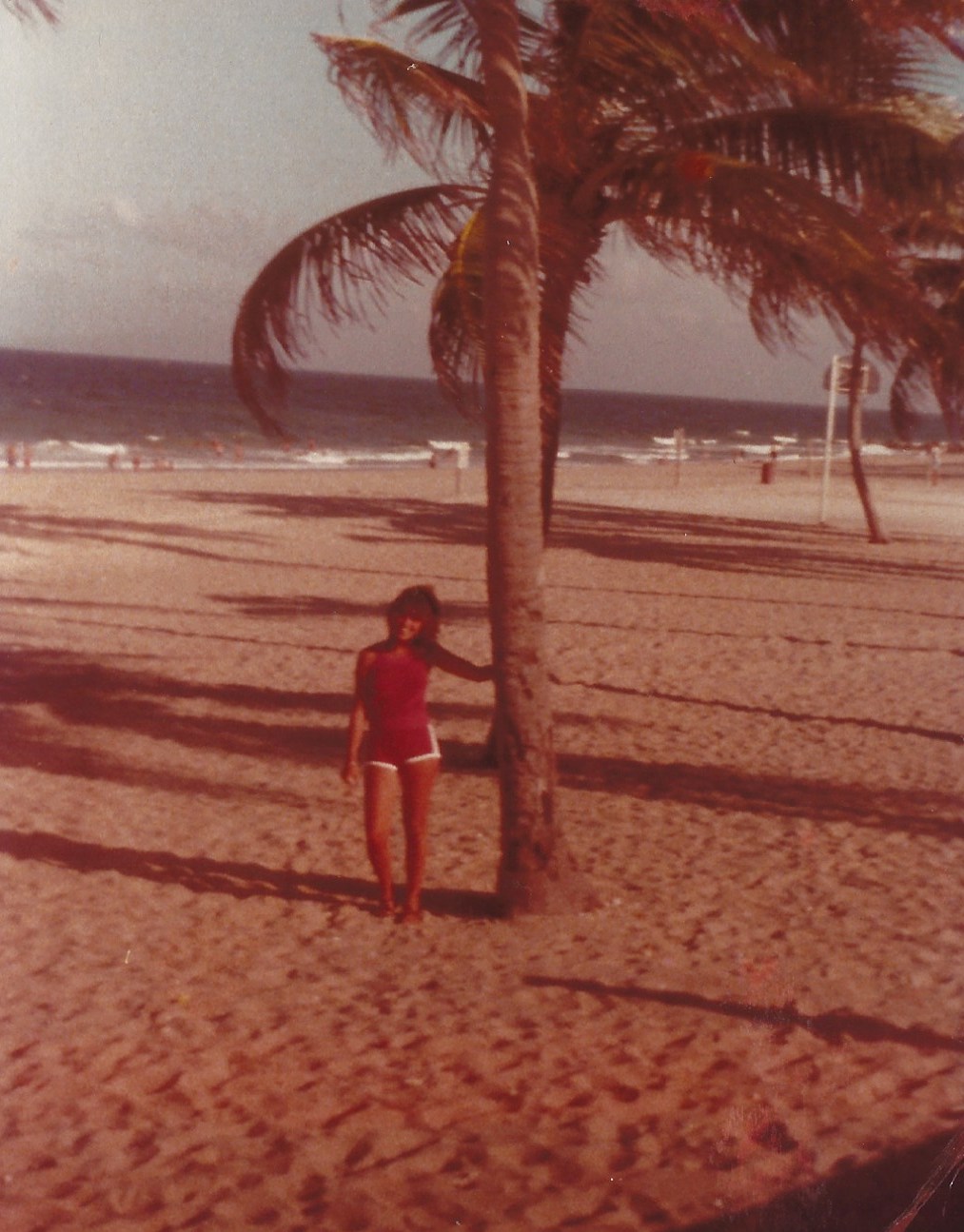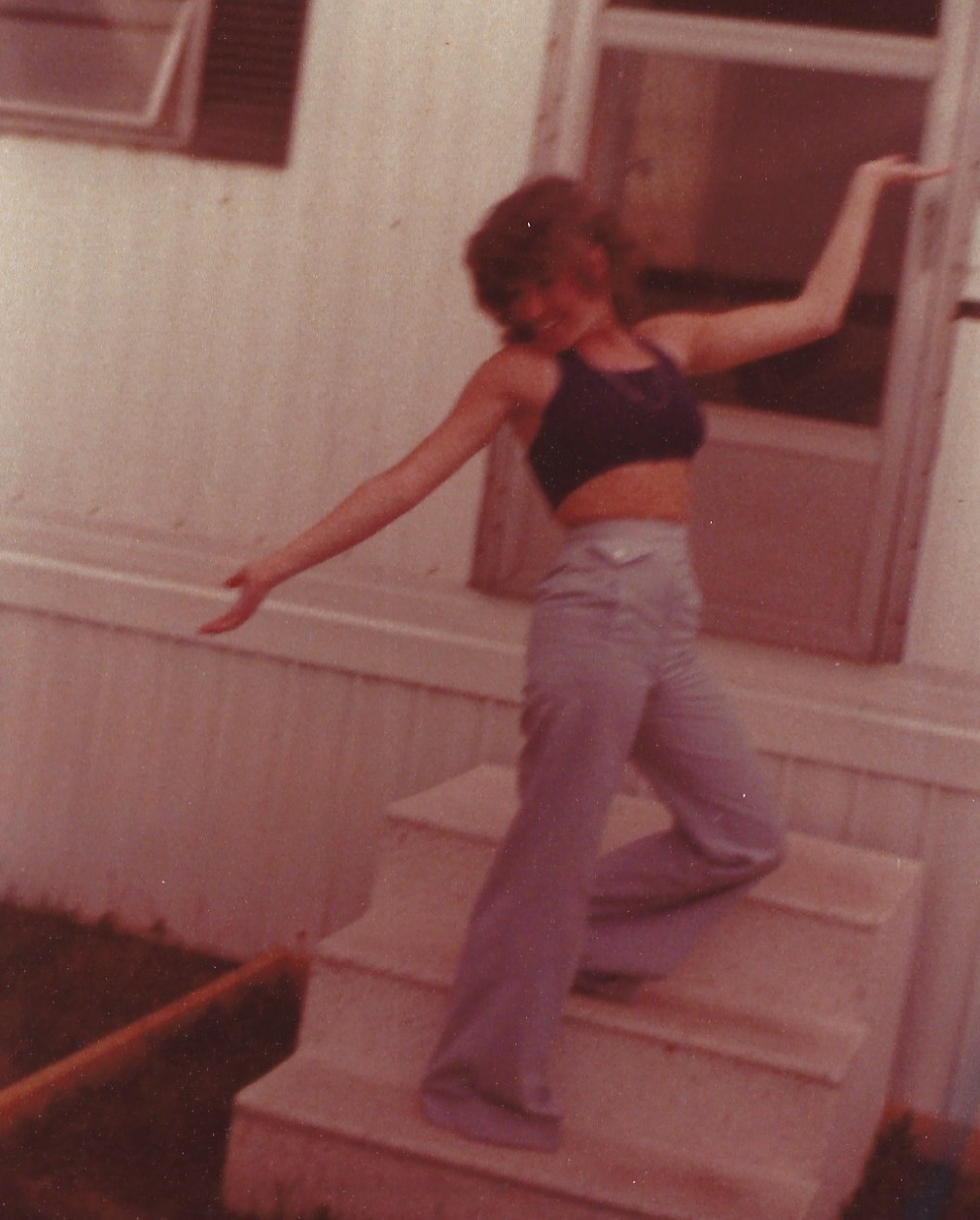How to Store Seashells
Before you store your seashells, you must first walk along Miami Beach at sunrise with your throat still burning from last night’s margaritas. This is before marrying, having children or growing up. Along the wet sand, collect sand dollars, pointy mitres, ridgy scallops and, your favorite, oversized conch shells. Pack them in your suitcase between your swimsuits and terry-cloth jumpsuits and bring them back to Ohio.
In time, get married. Have one child. Get divorced and married again, always hanging on to those shells. They remind you of who you were before: young and wild.
When your father falls ill, pick up your family of three and move everything that fits into his duplex. Take care of him as best you can. He’s dying, but you won’t admit it.
Display the shells on a shelf in your six-year-old daughter’s room, because wall space is scarce. She likes them, to shake the sand dollars and imagine real coins inside. When your dad’s health sinks further, hand her the conch and tell her to listen to the ocean. Tell her stories about the beach and how one day, when money and life are better, you will take her there to find her own seashells.
One day she climbs her dresser to play with the shells and bumps the shelf. It topples. Shards of shells ricochet off walls.
The conch is somehow okay.
Hold it to your ear. Know not everything is broken.
- Danielle Dayney is sometimes a blogger, usually a writer, and always a mom. Recently, her creative nonfiction essays have been shared on BLUNTmoms and Thought Catalog. Her stories have also been published in several anthologies including the Virginia Writers Centennial Anthology, Short on Sugar, High on Honey, Nevertheless We Persisted, andBeach Reads: Lost and Found.In 2016 and 2017, she received awards at BlogHer for creative nonfiction essays. You can find her chasing kids and furbabies somewhere in Virginia, or at www.danielledayney.com.




